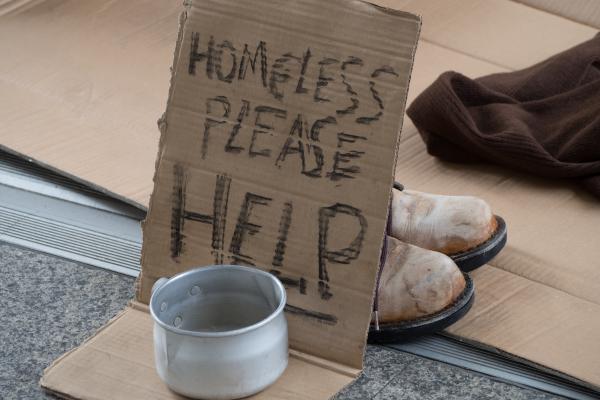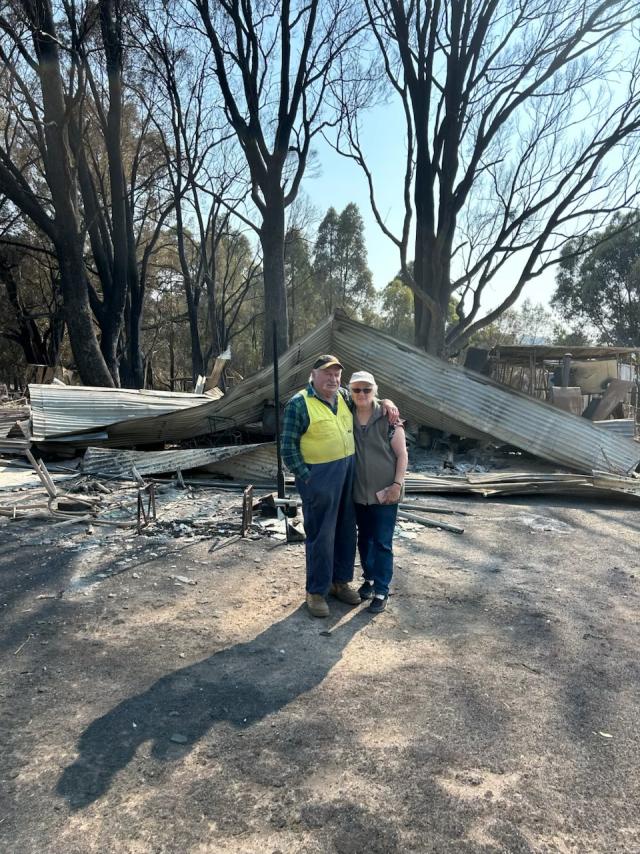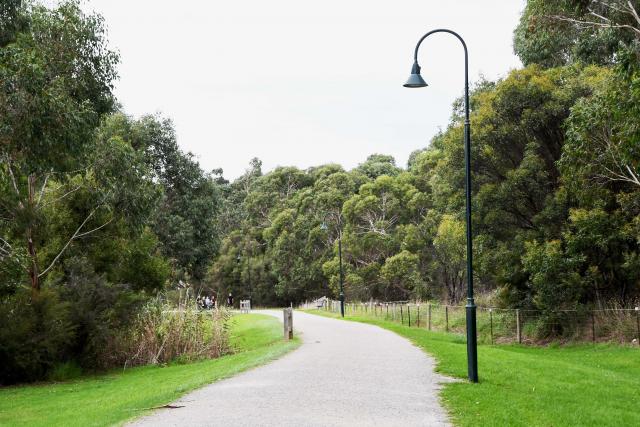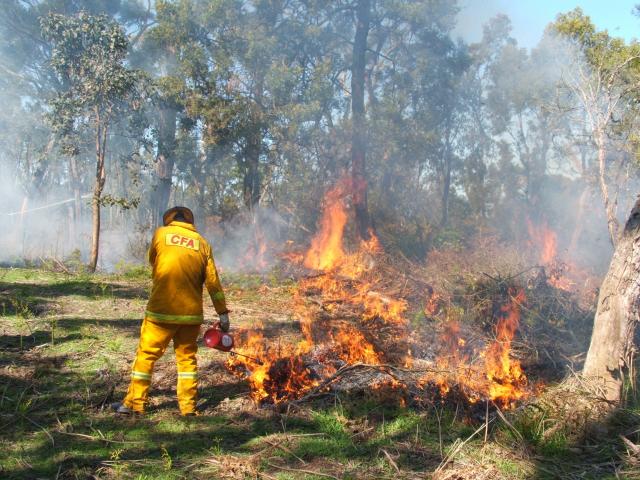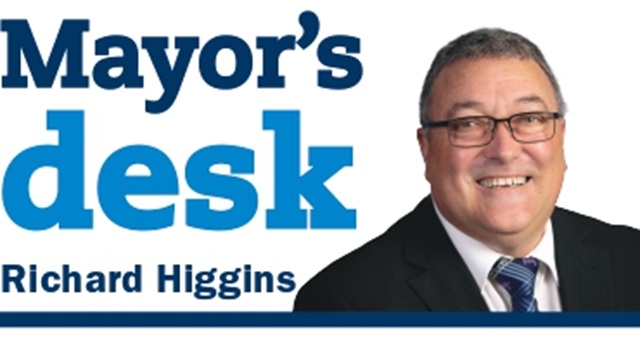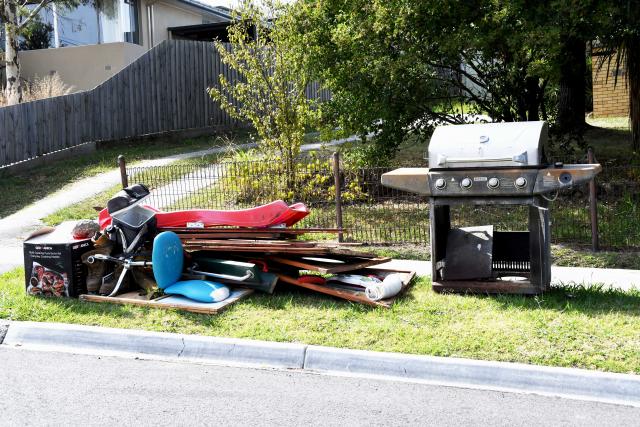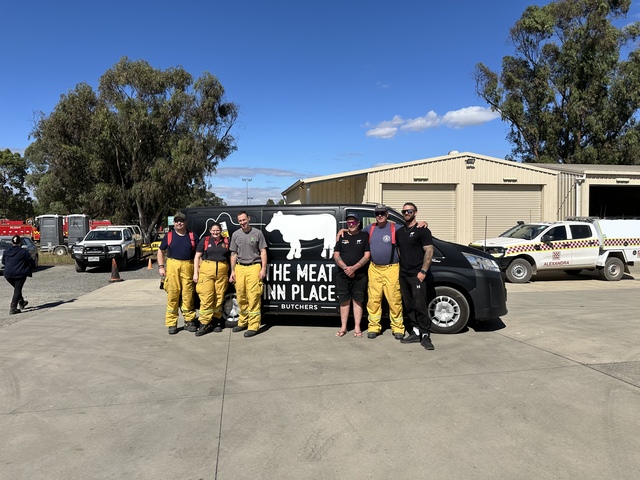Homelessness services and agencies from across the Yarra Ranges united to launch the start of this year’s National Homelessness Week after a particularly tough and decisive year.
Speakers from various organisations came together on Monday 2 August albeit a little bit different than originally planned.
Streaming the event live from Box Hill Institute’s Lilydale Lakeside campus, issues, discussions and stories about homelessness were able to reach far and wide, as people tuned in and engaged online.
Holy Fools CEO Neal Taylor in collaboration with Anchor, Yarra Ranges Housing Action Group, Yarra Ranges Council and Box Hill Institute opened up the conversations about the current homelessness crisis and situation in the local area.
Yarra Ranges Housing Action Group’s Kate Coleman was the first to speak passionately about how she has seen the homelessness landscape change.
“Over the last 40 plus years I have seen homelessness grow and grow dramatically. I used to be young enough to think we could solve homelessness, there’s no need for homelessness in this country but it is growing dramatically,” she said.
“I looked around and I saw the other day that median house prices in Victoria have now reached a million dollars. Where does that leave young people thinking about buying a home and having a family and settling down? Well, nowhere.”
Ms Coleman said not only is it young people struggling to get into the housing market but it is elderly people who don’t own a house, people who can’t afford to pay private rent on an old age pension or a disability pension.
“More and more of these people are going to find themselves, first of all staying with friends or family, then couch surfing but ultimately they are going to end up living rough and that’s a huge indictment on our society. We are not a third world country. We should not have this problem. But we do.”
Organisations coming together like they did on Monday, as well as advocacy to all levels of governments is slowly changing the landscape of response and support for homeless people.
“It is good to get people together to talk about homelessness because like it or not, that is our growing demographic,” Ms Coleman said.
“We cannot sustain long term homelessness in our society, we’ve got to deal with it.
Mr Taylor reflected Ms Coleman’s beliefs about agencies working as one to solve the problem and said that was one of the positives of the pandemic, that it unified agencies and services around the region.
“Each year at the launch of homelessness week that I have spoken, I have said that homelessness is not going to be tackled unless our agencies, all levels of government and the community work together,” he said.
“Thankfully, I think we are slowly starting to see this happen. I also believe the Yarra Ranges community as a whole is better informed about the issues of homelessness than they were 12 years ago.”
But with every positive there is always a negative and throughout the pandemic, that came as an increase in the number of homeless people, particularly those sleeping rough.
Anchor CEO Heidi Tucker said the not-for-profit received 512 requests for assistance between 1 January and 31 December 2020, for individuals, families and children.
Of those, hundreds had been sleeping rough and some who had been visible sleeping in shop fronts, something Mr Taylor related to a canary in a mine.
“Much like the canary, I believe these doorway sleepers are also a warning for us. A warning that things are going to get worse and we are going to see many more people identify as being homeless,” he said.
“A warning that the way we have been doing things in the past is not always working and while we house some, most people find substandard accommodation and merely move from one category of homelessness to the other.”
The shocking reality of homelessness is that a large number of homeless people are children, with Ms Tucker saying of the 512 people, 123 were children under 18 years of age.
ADRA Redwood Community Centre’s Kate Barrat said when there was funding for people to go into accommodation during the height of the pandemic there was a decrease in people presenting to ADRA but they are now seeing more people present there each week.
“I have to say when I first started working up in Warburton in 2012, the view of homelessness was that it’s a complex issue and to some degree I do agree with that, it was a complex issue but I’m seeing more and more now that it is actually quite simple,” Ms Barrat said.
“There is just not enough affordable housing. Especially in the Warburton area, we’re still seeing one family per week come to us saying ‘I need to move out of my rental property, it’s being sold or it’s being repurposed’ and there’s just nowhere for them to go.
“School enrolments are declining, we’re seeing sporting club enrolments declining and the whole area is being affected by it.”
The simplest things can cause someone to become homeless and with the theme of this year’s Homelessness Week being ‘Everybody needs a home’, the need for affordable housing has never been more prevalent.

